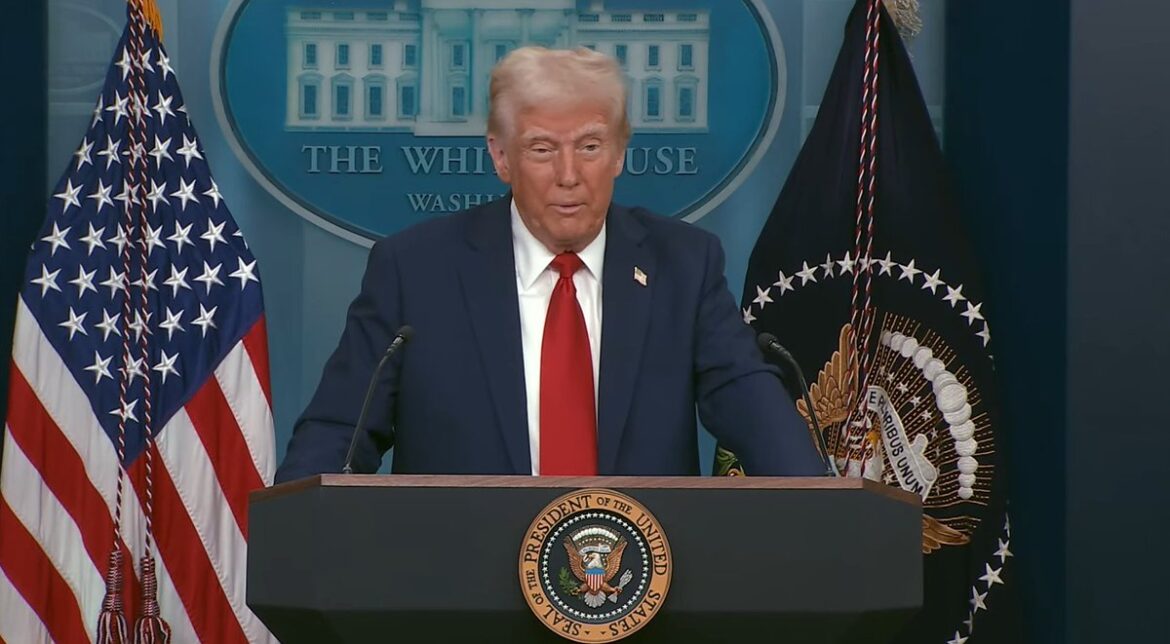Describing the influx of illegal drugs as a “national emergency,” President Donald Trump has announced new tariffs on imports from Canada, Mexico, and China under the International Emergency Economic Powers Act (IEEPA). The administration cites the growing threat of illegal immigration and deadly substances like fentanyl as justification for the move.
In a statement on February 1, 2025, the White House outlined the new tariffs, which include a 25 per cent additional duty on imports from Canada and Mexico and a 10 per cent additional duty on imports from China. However, energy resources from Canada will face a lower 10 per cent tariff.
“President Trump is taking bold action to hold Mexico, Canada, and China accountable to their promises of halting illegal immigration and stopping poisonous fentanyl and other drugs from flowing into our country,” the White House statement declared. “The orders make clear that the flow of contraband drugs like fentanyl to the United States, through illicit distribution networks, has created a national emergency, including a public health crisis.”
The White House criticized China for failing to curb the supply of precursor chemicals to criminal cartels and for allowing transnational criminal organizations to engage in money laundering.
Additionally, the statement accused Mexican drug cartels of forming an “intolerable alliance,” with the Mexican government, enabling large-scale narcotics production and transportation. This, the White House claims, has contributed to the overdose deaths of hundreds of thousands of Americans.
The statement further asserted that this alliance poses a national security risk to the United States and emphasized the need to eradicate cartel influence.
“There is also a growing presence of Mexican cartels operating fentanyl and nitazene synthesis labs in Canada. A recent study recognized Canada’s heightened domestic production of fentanyl, and its growing footprint within international narcotics distribution,” the statement added.
Criticizing past administrations for failing to use economic leverage to secure the border and combat fentanyl trafficking, the White House framed Trump’s decision as a fulfillment of his campaign promise.
The statement added, “When voters overwhelmingly elected Donald J. Trump as President, they gave him a mandate to seal the border. That is exactly what he is doing. President Trump continues to demonstrate his commitment to ensuring U.S. trade policy serves the national interest.”






